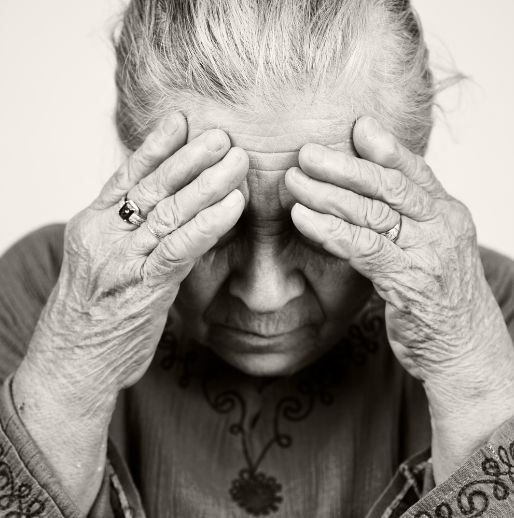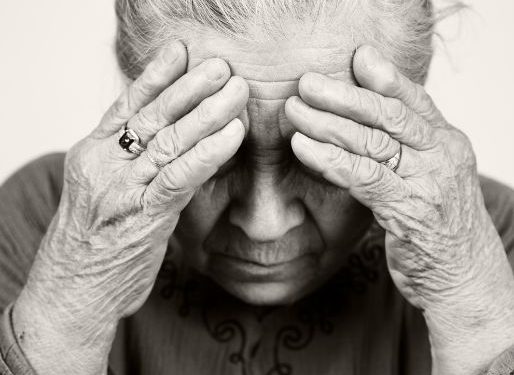Depression is a mental illness that can affect individuals at different stages of their lives. The symptoms can range from mild to severe, and can last for months or years. It is important to get diagnosed and treated if you feel like you are experiencing major depression. There is no cure, but there are treatments that can improve your condition.
People with depression experience feelings of despair and sadness, as well as feelings of hopelessness and worthlessness. Depression can lead to loss of interest in everyday activities, including work, school, and relationships. You may also experience changes in eating habits, sleeping patterns, and your thought processes. Some of the signs of major depression include fatigue, a feeling of guilt, and difficulty concentrating.
Depression is not always easy to diagnose. If you or a loved one exhibits some of the following symptoms, you should visit a mental health professional immediately. Your doctor will make sure to diagnose and treat your condition.
Major depression is a mood disorder that causes people to have a depressed mood most of the time. Depressed moods are characterized by feelings of hopelessness and sadness, and may include thoughts of suicide. They can be mild to severe and affect your ability to enjoy life. In addition to depression, you may also experience other symptoms, such as anxiety, insomnia, and appetite disturbances.

Although the exact cause of depression is unknown, it is believed that chemical changes in the brain can occur as a result of stressful events in life. For example, early childhood trauma can increase your chances of developing depression. Similarly, your genetic makeup could play a role.
Major depression can also be caused by substance abuse, such as alcohol or illegal drugs. If you or a loved one is using these substances, you should talk to your provider about stopping them. Depending on the severity of the symptoms, you may also need to receive therapy. Psychotherapy can help you understand why your thoughts are negatively impacting your life.
A good place to start is to keep a diary. Keeping a daily record of your symptoms can help you identify whether you are depressed. Also, talk to other people. Having someone else around you to talk to can make the process of getting help easier.
A major depressive episode can cause significant disruptions to your life, including difficulties with your ability to hold a job, maintain friendships, and enjoy your life. It can affect your ability to focus, remember, and make decisions. Even small pleasures can become a source of frustration.
Symptoms of depression can last for weeks, or they may be episodic. During a depressed mood, you will feel sad or hopeless most of the time. However, you will still feel a sense of joy and enjoyment in certain situations.
Because it can be difficult to understand and handle, most people find it hard to reach out for help. This is why it is so important to be open and honest about your depression. Reaching out for help can help you get back on track and live a healthier, happier life.









